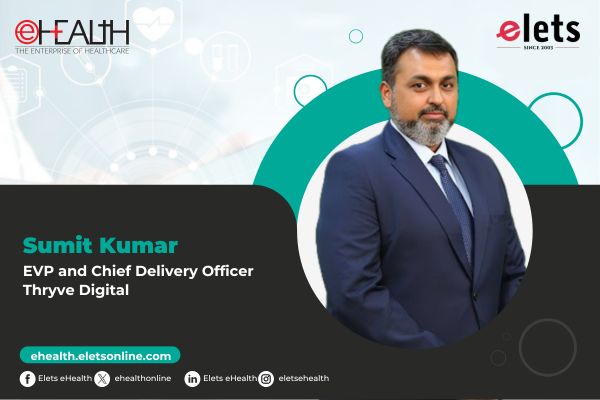
In the sprawling quest to combat heart disease, which remains the leading cause of death globally, artificial intelligence (AI) is emerging as a formidable ally. With its profound capacity to analyze vast arrays of data—from minute variations in heart rhythms to complex genetic markers—AI is not just reshaping how we understand heart disease but also how we can predict and prevent it before any physical symptoms manifest.
AI and the Heart: A Data-Driven Approach

The fundamental strength of AI lies in its superior ability to digest and interpret large datasets far beyond the scope of human capability. AI systems can examine millions of electrocardiograms (ECGs), identify patterns, assess risk factors, and provide predictive insights that are incredibly precise. These systems employ advanced algorithms in machine learning and deep learning, tuned to detect early signs of ailments such as atrial fibrillation and heart failure that might otherwise go unnoticed until it’s too late.

For example, researchers are employing AI to analyze ECG outputs that appear normal to the naked eye but may contain subtle indicators of future heart trouble. AI’s deep learning models can sift through this data, learning from each heartbeat to predict irregularities that suggest potential future events like heart attacks.

Comprehensive Risk Profiling: Beyond the Heartbeat

AI’s application extends well beyond analyzing ECGs. By integrating various other risk factors—such as age, genetic profiles, blood pressure, cholesterol levels, and lifestyle habits—AI creates comprehensive and personalized profiles that forecast an individual’s risk of developing heart disease. This holistic approach is vital for preemptive health strategies tailored to individual needs.
Moreover, the advent of wearable technology that collects continuous health data has further empowered AI’s capabilities. These devices track heart rate, physical activity, and other vital signs, providing a continuous data stream. This wealth of real-time health information enables AI systems to monitor subtle changes over time, offering opportunities for early intervention.
From Prediction to Prevention: AI’s Proactive Role
The real promise of AI in cardiac care lies in its potential to shift the focus from treatment to prevention. By predicting heart disease before it occurs, AI facilitates a more proactive approach to health management. Healthcare providers can recommend lifestyle adjustments or preventive medications long before any disease manifests, potentially staving off heart disease altogether.
Furthermore, AI’s predictive power is enhancing cardiac rehabilitation practices. Tailored rehab programs, driven by AI analysis of patient data, can significantly improve recovery rates and reduce the likelihood of recurrent heart issues. AI can also guide the development of personalized exercise regimes and diet plans that are optimized for the best cardiac health outcomes based on individual patient data.
Challenges in the AI-Driven Approach
Despite its vast potential, the integration of AI into cardiac healthcare is not without challenges. One of the most significant barriers is data integrity and diversity. AI systems are only as good as the data they are trained on. If the data is biased or lacks diversity, AI predictions can be skewed, potentially leading to poor health outcomes for underrepresented groups.
Furthermore, incorporating AI into existing healthcare frameworks poses significant technological and training challenges. Healthcare professionals need to be trained to interpret AI recommendations correctly and integrate these insights into clinical practice.
Ethical Considerations and Data Privacy
The use of AI in healthcare also raises critical ethical considerations. The privacy and security of patient data are paramount, as these systems often handle sensitive personal information. Ensuring that AI systems in healthcare are transparent and their decisions interpretable is crucial for maintaining patient trust and ensuring that these advanced tools are used responsibly.
Looking Ahead: The Future of AI in Cardiology
As AI technology continues to advance, its integration into cardiovascular care is transforming the landscape of heart disease management. By predicting heart disease before it occurs, AI opens up new avenues for preventive care, potentially reducing the global burden of the world’s most prevalent killer. The journey of integrating AI into heart health is just beginning, and its full impact remains to be seen. However, one thing is clear: AI holds the promise of a future where heart disease can be anticipated, managed, and perhaps even prevented with unprecedented precision.
Views expressed by Dr. Niranjan Hiremath, Senior Consultant- Cardiovascular and Aortic Surgeon and Surgical Lead, Indraprastha Apollo Hospital
Be a part of Elets Collaborative Initiatives. Join Us for Upcoming Events and explore business opportunities. Like us on Facebook , connect with us on LinkedIn and follow us on Twitter , Instagram.
"Exciting news! Elets technomedia is now on WhatsApp Channels Subscribe today by clicking the link and stay updated with the latest insights!" Click here!
















